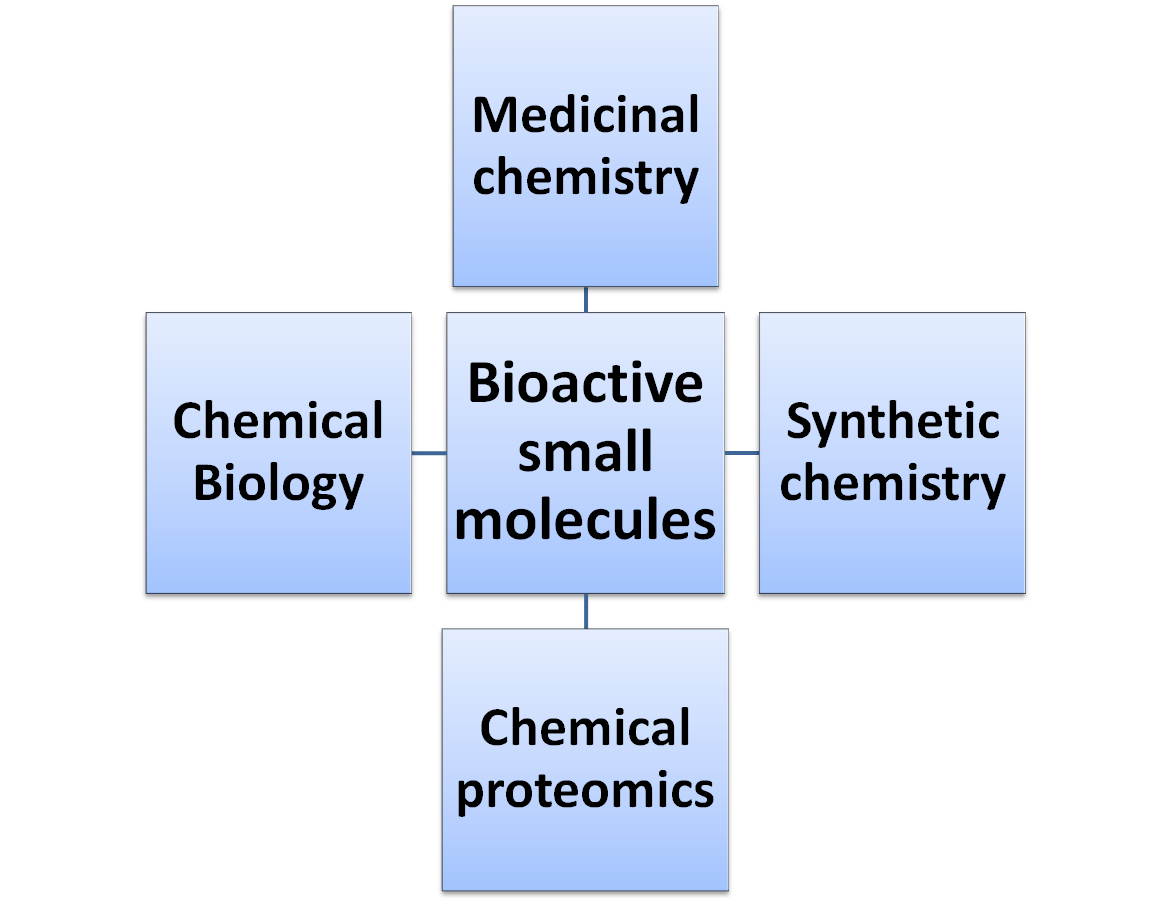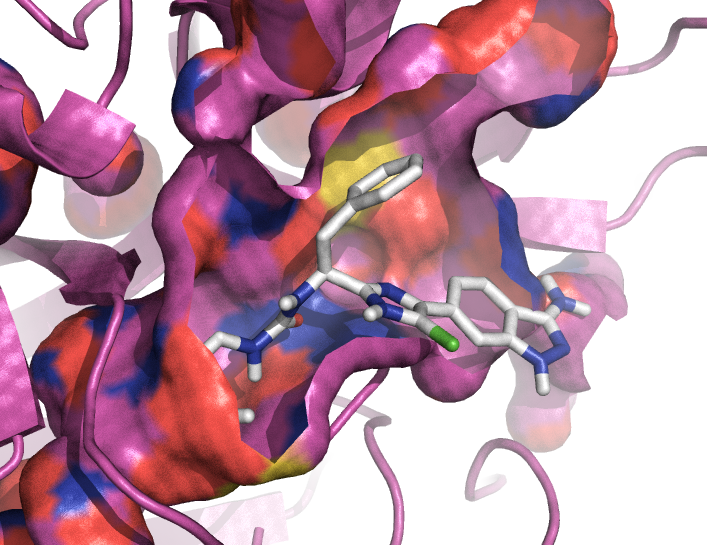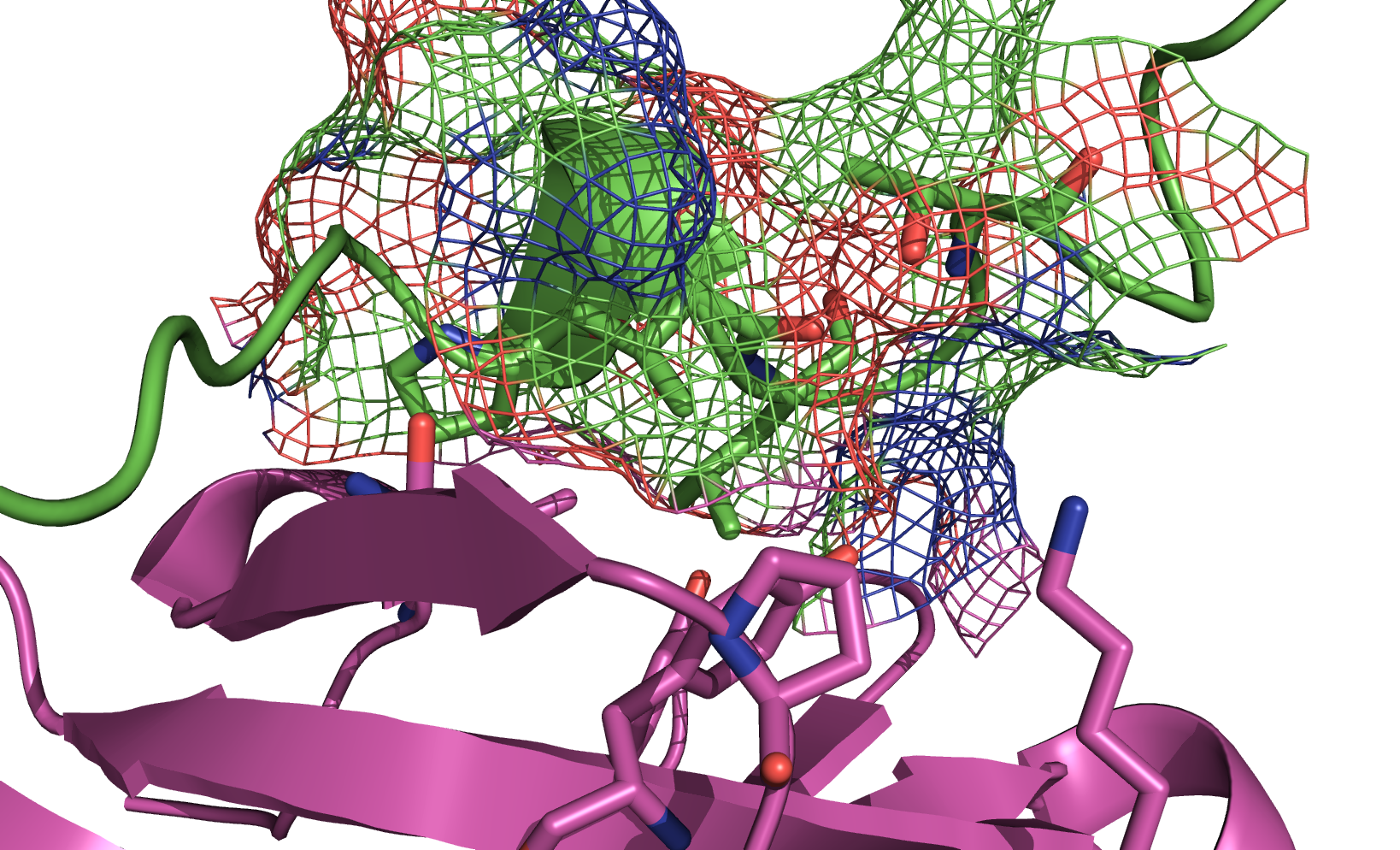Research
Our group undertakes research in medicinal chemistry, synthetic chemistry and chemical biology.
Our group is highly multidisciplinary, with researchers working on chemical synthesis, computer-aided drug design, assay design and screening, on in vitro and in vivo systems, often undertaking work in collaboration with labs at University of Leeds, with Industry and groups at Universities across the UK.
The underlying focus of our research is small molecule drug discovery. Here we are interested in the identification and optimisation of small molecule modulators for a wide-range of target classes (from enzymes, to ion channels, to GPCRS, to protein-protein interactions..) to support both the understanding of biological mechanism (pharmacological tool compounds) and as potential starting points for future drug discovery (hits and leads). We make use of a number of tools and technologies to support our research, including virtual drug design, high-throughput screening, fragment-based design as well as chemical proteomic approaches to manipulate and label ligands and proteins.

Some of our current projects include:
Development of a novel anticoagulant with minimal bleeding risk
We have identified small molecule inhibitors of a protease involved in regulation of the coagulation cascade with exceptional in vivo efficacy. The inhibitors have been identified by a number of approaches including fragment screening, virtual drug design and high-throughput screening of drug-like small molecule libraries. Presently, we are optimising the inhibitors for potency, specificity and drug-like ADME properties by iterative rounds of medicinal chemistry and screening.

Development of agonists of a GPCR implicated in the regulation of hypertension
We have identified a potent and selective series of agonists of a GPCR implicated in the progression of hypertension. The series is currently being optimised by chemical synthesis and screening to generate lead compounds suitable for in vivo dosing in animal models.

Inhibitors of UAP56 as agents for the treatment of Kaposi’s sarcoma
We have identified a series of small molecule inhibitors of UAP56 as potential therapeutics for treatment of Karposi’s sarcoma. The compounds are potent and selective for the target and we are currently optimising the properties of the compounds to allow for in vivo dosing in animal models.
Development of inhibitors of the NMyc-AuroraA interaction as anti-cancer agents
Using fragment-based structural biology we are identifying and optimising inhibitors of the AuroraA-NMyc interactions as innovative agents to treat AuroroA associated cancers.


